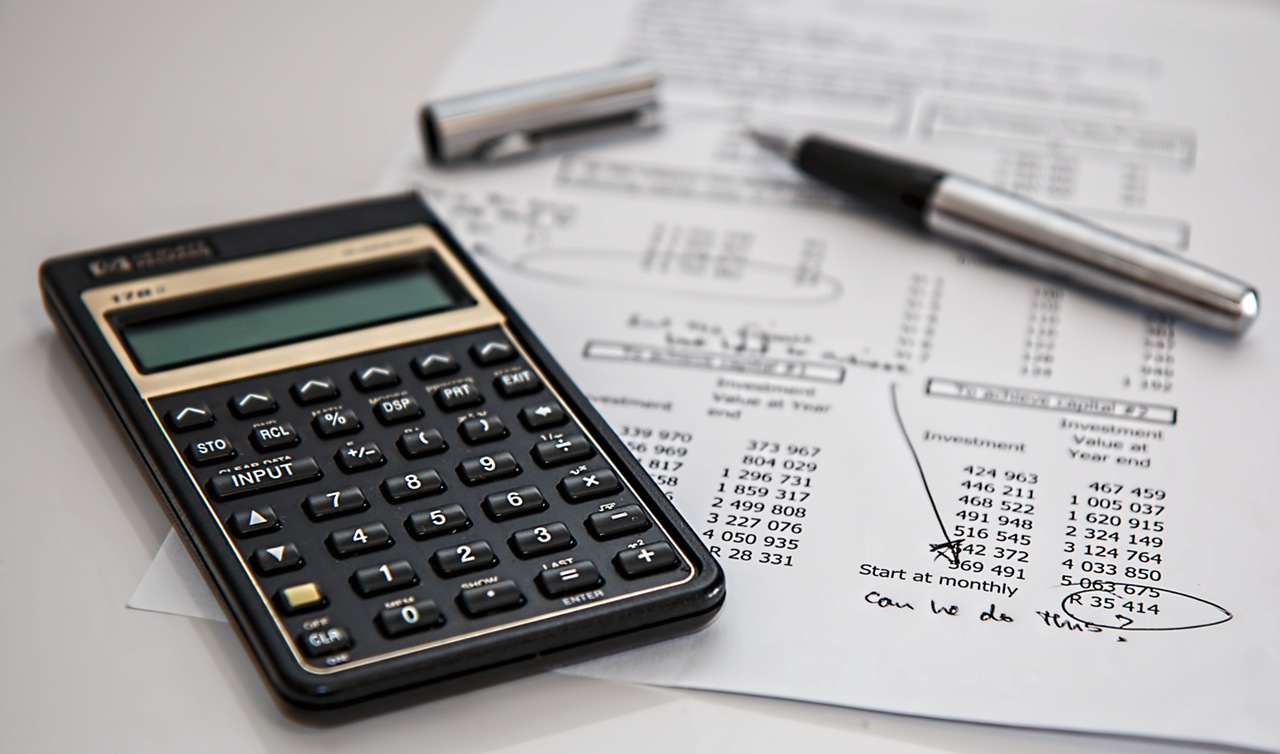
Top Tips for Locums: Doing Your Own Accounts
If you’re a locum who is registered as self-employed or as a limited company, one of the most boring parts of your job will be doing your own accounts and making sure your books are up-to-date.
However, what seems like a complicated process needn’t be all that stressful with a bit of preparation. Here are our top tips for making life a little easier…
Keep Records
Not only are impeccably-kept financial records important evidence of what you do or do not have to pay to the taxman, they’ll also make any self-assessment you have to do much easier. Get into the habit of keeping invoices, receipts, tickets and bills from the very beginning and keep track both of what’s going in and what’s going out, as you’ll need both of these to work out out what you owe.
Get Organised
Of course, receipts aren’t all that helpful if they’re in a mixed-up bundle in your desk drawer. The best way to keep things simple is to set up an organised system that will help you keep all of your records in order. If you love your tech and apps, there are plenty out there that will help you get your books straight (we love QuickBooks, for example), but you can also make use of free tools like Google Sheets or even do everything manually if you prefer.
As long as everything is kept in order you’ll be making life a lot easier for yourself.
Keep Track of Expenses
As we mentioned before, it’s not just your income that’s relevant to bookkeeping. Knowing and keeping records of exactly what you’ve spent could save you money in the long run, as all business expenses can be deducted from your overall income and lead to less tax needing to be paid. Make a note of any travel expenses, supplies bought, and even rent, bills and council tax, as a percentage of these can be claimed too if you do any work from home.
Know Your Dates
Self-assessments, tax payments, VAT payments and PAYE all have different due dates, so it’s a good idea to find out exactly when you need to pay what, to save yourself money on expensive fines for late payments.
Save Tax Money
Perhaps the best advice we could possibly give is to make sure you’re prepared when that tax bill does eventually come in. Open up a separate account and save 25-30% of every payment received; this should guard against any nasty surprises come January.
Do you have any DIY accountancy and bookkeeping tips you’d like to share? Please drop them in the comments section below or post them to our Facebook page. We look forward to hearing from you!
